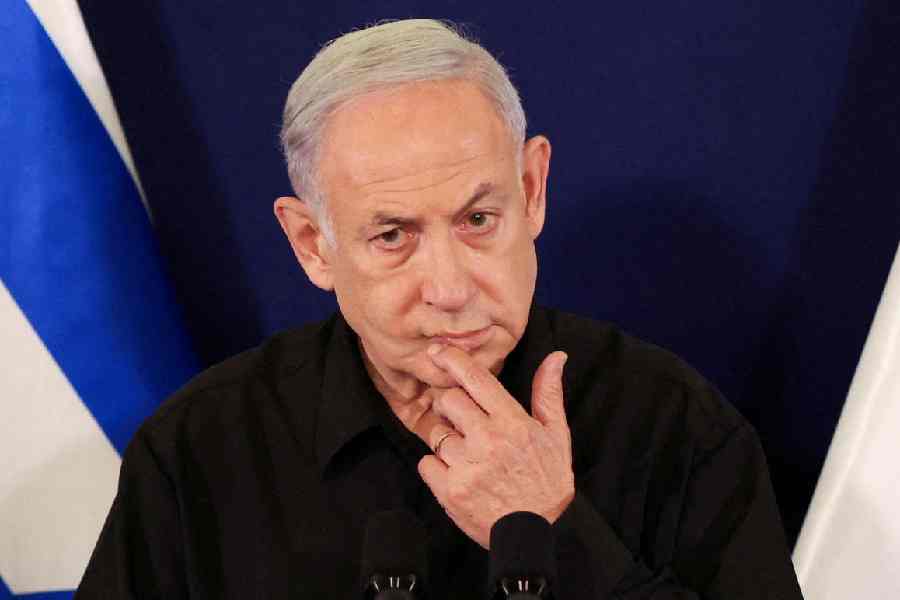The International Court of Justice’s interim ruling last week, directing Israel to adhere to the Genocide Convention of 1948 in its war in Gaza, marks a key moment for global jurisprudence and represents a firm rebuke of Tel Aviv’s actions and its complicit supporters. The court, the highest legal organ of the United Nations system, issued six provisional measures that Israel must comply with and report on within a month after South Africa approached the ICJ accusing Israel of committing genocide in Gaza. The provisional measures include, among others, the requirement that Israel stop killing innocent Palestinians, penalise those who make genocidal statements and substantially increase the amount of aid it allows into the besieged enclave. While the court stopped short of ordering a ceasefire, some, like South Africa’s foreign minister, Naledi Pandor, have argued that Israel cannot possibly meet the commitments imposed by the ICJ without ending the fighting. Around the world, many countries have responded to the ICJ rulings, supporting them, critiquing them, or trying to offer more balanced comments. Silent amid all of those reactions is India, whose ministry of external affairs has been completely quiet on the court’s preliminary conclusions.
Practitioners of realpolitik will point to India’s complex calculations to justify its reluctance to take a position on the rulings: Israel is a key partner, while New Delhi also supports a two-state solution and has provided aid to Palestine even during the current war. But in its silence, the Indian government appears to have missed the pulse of the Global South, which it claims to want to lead. And as the war goes on, India risks standing on the wrong side of history, along with predominantly Western nations — led by the United States of America, the United Kingdom and Germany — that have either actively armed and shielded Israel or have passively allowed it to continue with horrific massacres. Israel has argued that the ICJ had no jurisdiction in the genocide case brought against it. The court said it did. Tel Aviv claimed it was doing all it could to protect civilian lives. The court made clear it did not believe Israel was doing enough. The judges also made it clear that they believe that at least some of Israel’s actions could plausibly come under the Genocide Convention. As a country that swears by international law, India must now insist that Israel fulfils its commitments. Innocent lives are at stake. So is India’s credibility.










